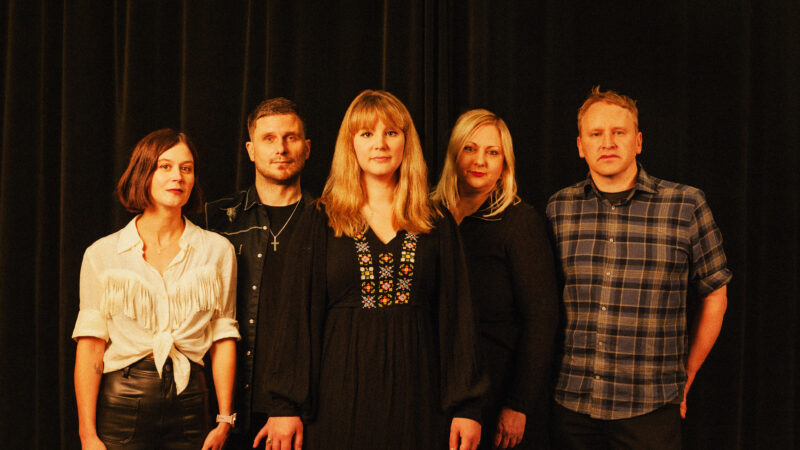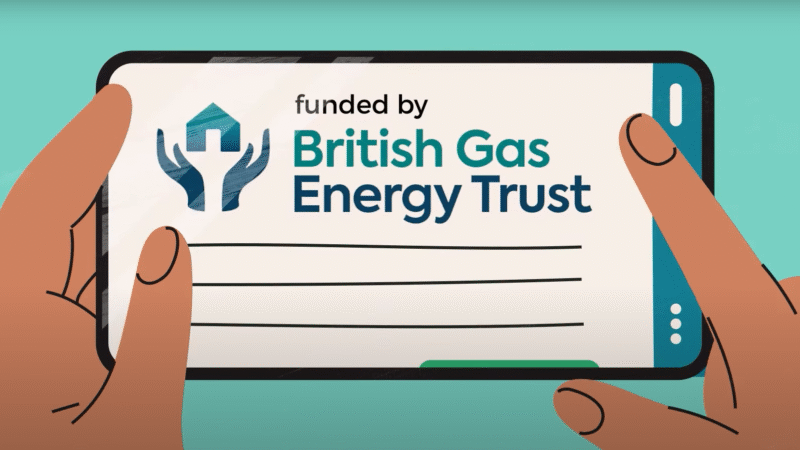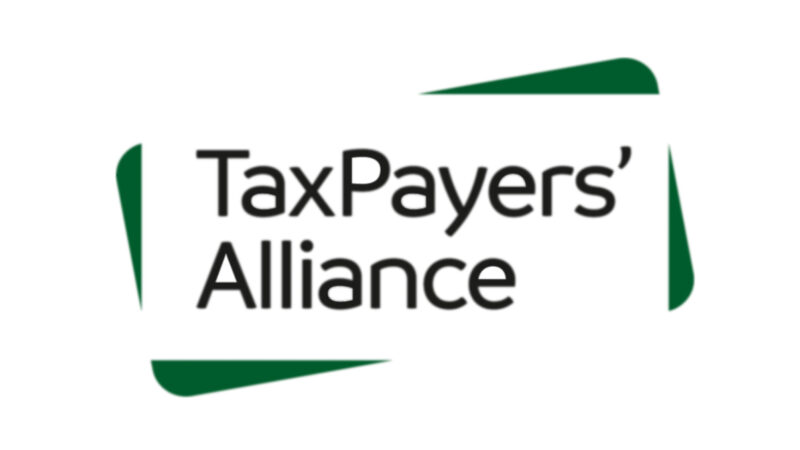15% Of Young People Plan To Skip Meals To Afford Christmas

A
recent survey commissioned by Engravers
Guild revealed that 8 in 10
Brits (80%) are concerned about rising costs this Christmas, with younger generations turning to
extreme measures
like skipping meals
and foregoing heating in order to fund gifts for loved ones.
In
response to this, I’m promoting a new piece ‘Brits
Skipping Meals As Christmas Cost Concerns Grow’.
At
the moment this is being offered as an exclusive.
The
mini-budget has promised higher taxes for working people and with inflation driving up the prices of everyday goods, many Brits are being forced to make cuts in order to celebrate Christmas.
I’ve
pasted the full piece below, or you can view it here:
Brits
Skipping Meals To Pay For Christmas
Please
let me know if you’d be interested in running this piece – as mentioned, I’m currently offering this as an exclusive.
Thanks,
Eleanor
–
–
–
Brits
Skipping Meals To Pay For Christmas
8
in 10 Brits (80%) are worried about how they will afford the festive season this year, with a third (32%) either
very
or extremely worried.
Younger generations are more likely to turn to extreme measures to pay for gifts, with 15% planning to
skip meals this winter.
Research
conducted by personalised gifts retailer
Engravers Guild paints a bleak picture for the Christmas season, with many having to look for new ways to try and find festive cheer.
The
mini-budget has promised higher taxes for working people, while rampant inflation continues to drive up the prices of everyday goods. It’s no surprise that 79% of respondents plan to spend no more on Christmas gifts this year, with over a third (35%) planning
to cut back. Only very few (15%) think that they will actually spend more on Christmas gifts compared to last year.
Young
adults feel the squeeze more than other age groups, with well over half (57%) of 18-24 year-olds either
very
or extremely worried.
For comparison, around a third (29%) of those aged 55 and over aren’t
concerned.
The
news does not bode well for retail stores. With footfall last year stricken by the pandemic, over three quarters (76%) still do not anticipate spending any more this time round on the high street. In fact, 1 in 8 (12%) even plan to spend ‘significantly less’
than in 2021.
This
comes as more than one in four (27%) say they will give fewer gifts this year than last. 7% of people plan to give no Christmas gifts at all, and a quarter (25%) are agreeing with friends and family not to exchange any gifts.
The
reasons for budget-stretching are clear. Presents are more expensive, inflation has pushed up the costs of everyday items, and a fuel crisis has caused rising energy bills and supply chain chaos as the weather turns colder. This challenging economic landscape
is forcing young people to turn to extreme measures to cut costs.
Skipping
Meals and Going into Debt
15%
of 18-24-year-olds plan to skip meals
or
borrow money
to fund Christmas. Just 7% of respondents from the other age groups said they would resort to these measures.
Turning
Off the Heating
A
quarter of 18-24 year-olds will use less heating
to fund gifts (24%), compared with just 12-17% in other age groups.
There
is a stark contrast between young adults and older generations. Where the younger group are contemplating a cold and hungry winter to pay for presents,
37% of those aged 55 and over aren’t using any cost-saving
measures.
There
is less concern for pensioners as the triple-lock has been maintained in the latest mini-budget, giving retirees a boost to their pension pots in line with inflation. Meanwhile, working-age people are seeing savings syphoned off and real-time wages cut as
higher taxes and soaring inflation eat into already stretched budgets.
In
their attempts to maintain the Christmas cheer in a difficult year, many are choosing to limit gift-giving (27%) or give cheaper gifts (30%). One respondent said they would be ‘going without a turkey’ this year, while another said they wanted to be as generous
as last year, recognising that their ‘family
needs the money now more than ever’.
Elliot
Bishton, the founder of
Engravers Guild, said:
“It’s
looking like it will be a different kind of Christmas this year, with value for money being foremost on people’s minds. However, that doesn’t mean it needs to be less special and we’re seeing a greater emphasis on thoughtful gifting.
“Many
people are planning to give self-made and second-hand gifts this year. And, for those who will be buying gifts, over a quarter are agreeing on price limits with friends and family. While people may have to be more thrifty, being creative can actually help
the gifts mean more.”






